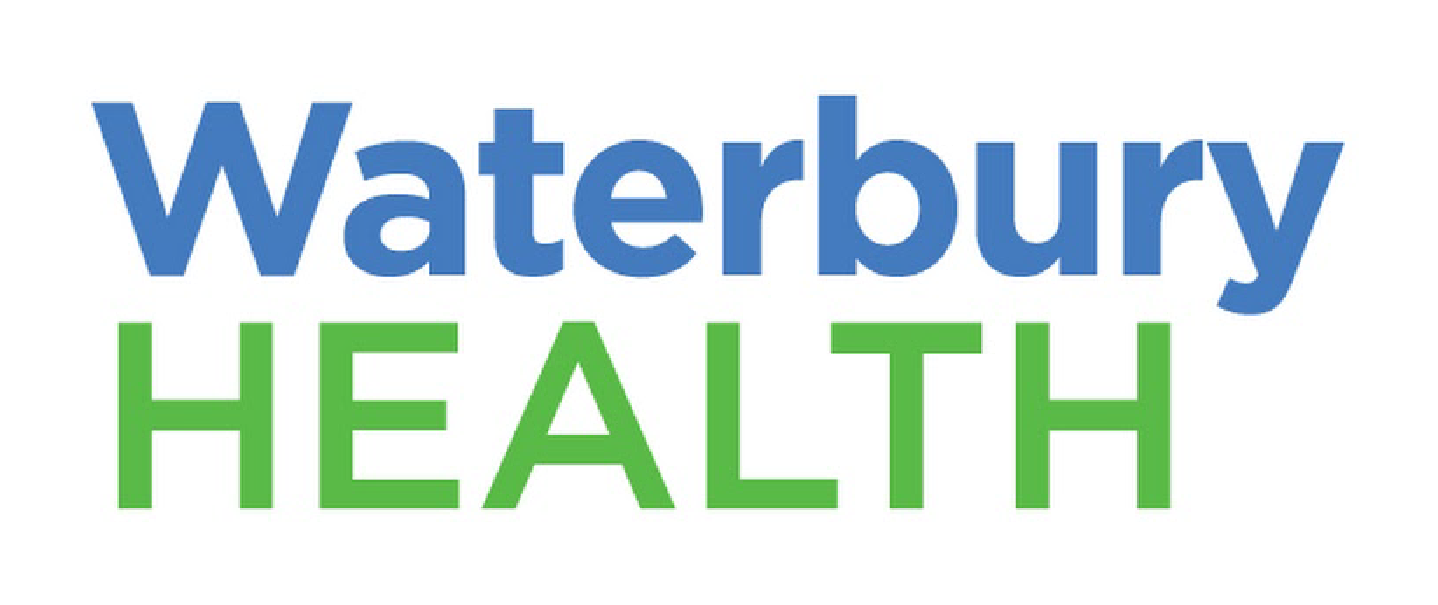Healthy Habits Can Help Prevent Unwelcome Holiday “Guests”
The holidays are a special time of year when we look forward to enjoying all the seasonal festivities with family and friends.
This year, however, there are some unwelcome guests we definitely don’t want to invite into our homes. COVID-19, influenza, and respiratory syncytial virus (RSV) are all currently prevalent in our communities. And all three of these highly contagious and potentially dangerous respiratory viruses are easily spread in the kinds of crowded indoor settings that are a hallmark of the holidays.
While we can’t completely eliminate the risk of catching or spreading COVID, flu or RSV, by continuing to follow the healthy habits we learned during the first phase of the COVID pandemic, we can help keep our loved ones and ourselves safe and well this holiday season.
As it happens, every December we observe two health awareness weeks that are particularly important at this time of year – National Influenza Vaccination Week, from Dec. 5-9, and National Handwashing Awareness Week, from Dec. 5-11.
Here are some reminders about steps you can take to keep the so-called “tripledemic” from spoiling your holiday!
Stay Up to Date on Your Shots
One of the most important lessons we learned during the pandemic is that the COVID-19 vaccines are effective at protecting people from getting seriously ill, being hospitalized, and even dying.
The CDC recommends everyone ages 6 months and older stay up to date with their vaccines. That includes everyone 5 years and older getting their boosters, if they’re eligible, for the best protection against COVID-19.
I know some people are a little burned out on boosters, but if you haven’t already gotten your third booster shot, I strongly urge you to do so. Boosters are, basically, reminders to your immune system to keep your protection levels up, as the effectiveness of the original shot decreases over time.
It’s also important to get your annual flu shot, especially if you’ve gotten out of the habit of doing so during the pandemic. Every year, according to the CDC, flu vaccination prevents illnesses, medical visits, hospitalizations, and deaths, especially for people with chronic health conditions.
There is no vaccine yet to prevent RSV infection, but scientists are working to develop one. A drug called palivizumab can help protect some very premature infants and young children with certain heart and lung conditions that place them at high risk for severe RSV disease. If you are concerned about your child’s risk for severe RSV infection, talk to their healthcare provider.
Wash Your Hands Regularly
All three viruses spread easily through the air – for example, when an infected person sneezes or coughs near you and droplets containing the virus get into your eyes, nose or mouth. But you can also be infected by touching a contaminated surface and then touching your eyes, nose or mouth.
That’s why maintaining effective hand hygiene is so important. The CDC’s guide to handwashing recommends that you wash your hands with soap and water for at least 20 seconds either after or before certain activities, including caring for someone who’s sick, blowing your nose, coughing or sneezing, and being in a public place. If soap and water are not available, use an alcohol-based hand cleaning solution that contains at least 60% alcohol. Always avoid touching your eyes, nose, and mouth with unwashed hands.
Masking, Testing, and Ventilation
Masking is no longer required in most settings but it’s still an effective way to prevent infection – especially indoors.
The CDC says a combination of staying up to date on vaccines and wearing a mask can help prevent severe illness from COVID-19. If someone in your household or a person you have social contact with is at high risk of getting very sick, you should consider testing yourself before you have contact with them to make sure you’re not infected. You should also consider wearing a mask when indoors with them, even if you test negative.
Wearing a high-quality mask – like an N95, KN95 or well-fitting surgical mask – at an indoor holiday event will certainly reduce your risk of getting COVID, flu, or RSV.
While at-home rapid tests for detecting the flu and RSV are not yet available, self-administered rapid testing is a key tool for helping reduce COVID-19 transmission. If you’re planning to attend a holiday party or event, you should consider testing yourself on the day of the event, even if you feel fine, to make sure you’re not infected. Remember, however, if you have symptoms, you can still test negative and be contagious.
In Connecticut, December is not the time of year to hold an outdoor holiday party. But keeping doors and windows open as much as possible can help improve ventilation, which is known to reduce the risk of transmission for all three viruses. And if you have an outdoor patio, you might want to invest in a heating lamp or two so you can offer your guests an outdoor option.
The most important step you can take to protect your family and others during the holiday season is this: If you’re sick or have symptoms, stay home!
No one wants to miss a celebration with family and friends, especially after nearly three years of so many pandemic-related cancellations and disappointments. But no one wants to be responsible for making a loved one sick with one of these potentially deadly viruses, either.
I hope these tips help you to enjoy this wonderful time of year with your family and friends.
I wish you a very happy – and safe! – Holiday Season!
